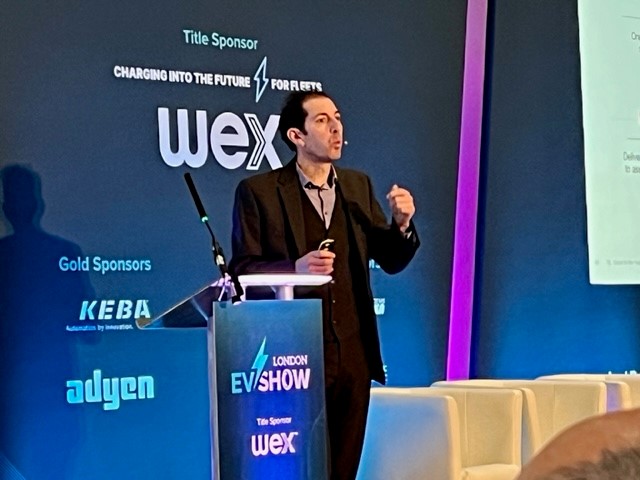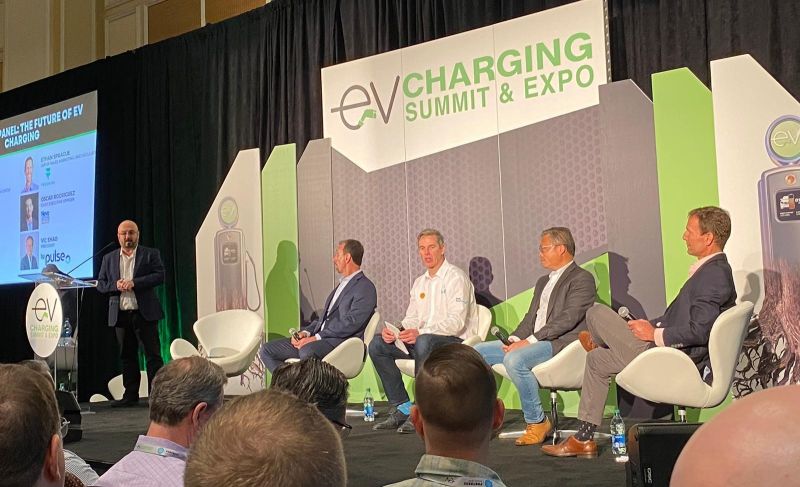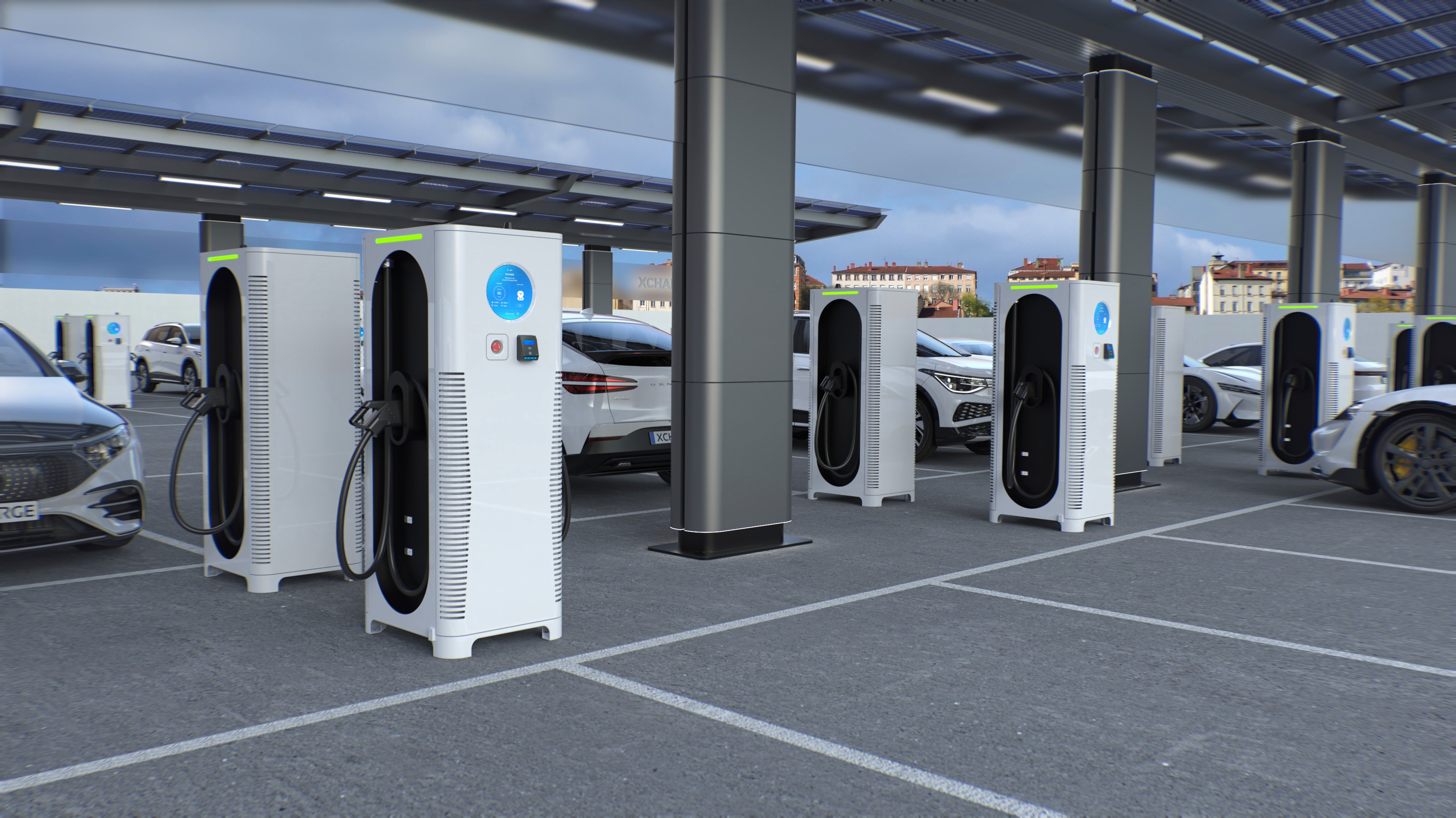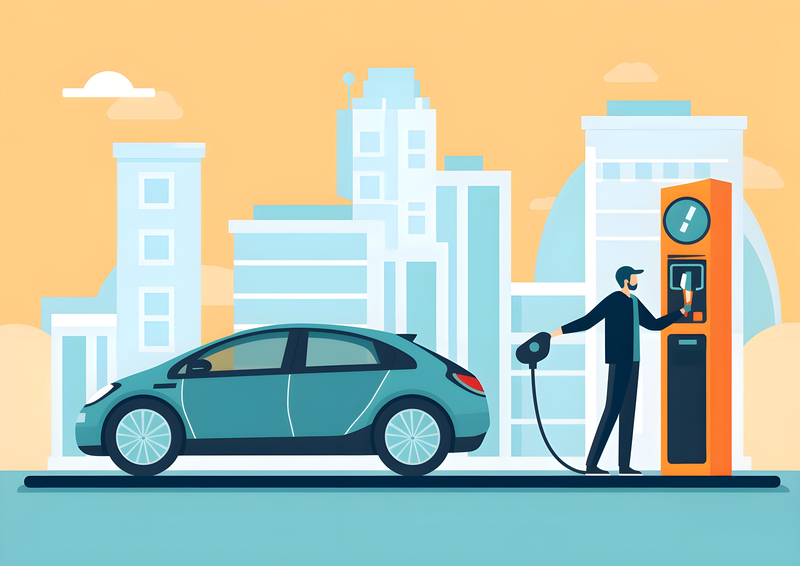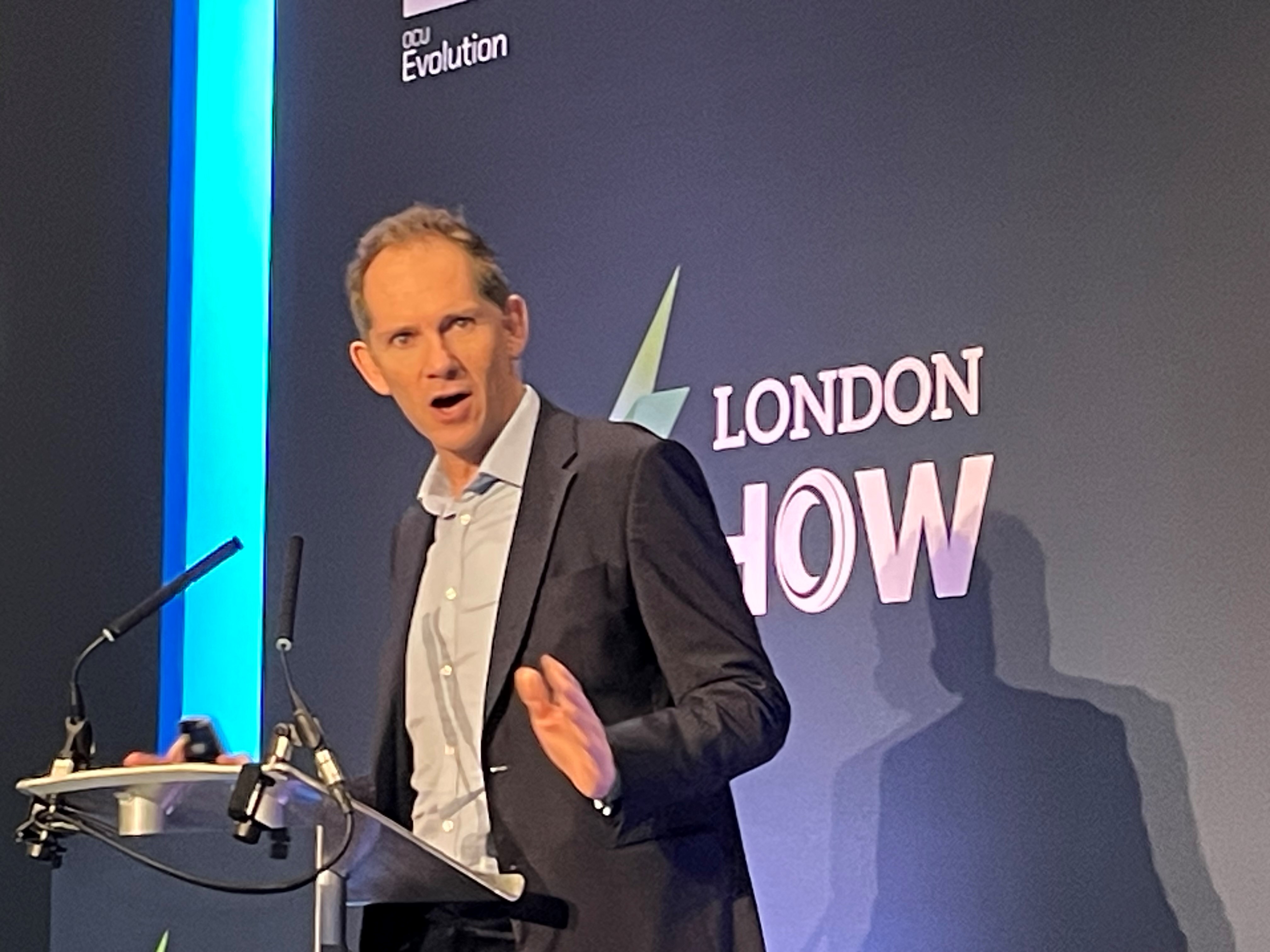
Transportation emissions form perhaps the biggest barrier to greening the UK, admitted a leading figure in the country’s Department for Transport (DfT) at London EV Show 2023.
Richard Bruce, DfT director of transport decarbonisation, admitted: “Transport is on the naughty step in carbon terms. If you’re going to decarbonise in the UK, you have to start with transport.”
That being the case, how many EV charge points does the UK need? We don’t know, is the answer from government.
“It’s a bit of a fool’s errand,” acknowledges Bruce. There are currently 50,000 charge points in the UK – and the current best estimate is that needs to rise to 300,000. But the truth is that this working figure might be inaccurate.
“It might be one million, it might be 200,000 – who knows?” says Bruce. The actual figure will be whatever is “enough to give people confidence to buy and run an EV."
Infrastructure on the UK’s motorway network will be crucial to reducing range anxiety but it is a mixed picture at present.
“There is some great charging at some service areas,” he said – but “some pretty crappy stuff” at others.
There are 18,000 public charging points in the UK’s capital, London – in other words, one-third of the UK’s entire charging network.
Seb Dance, deputy mayor of transport for London, told London EV Show delegates: “The climate crisis is the biggest challenge facing humanity – London is not immune. Air pollution continues to pose an enormous threat.”
Charge point deployment in London has increased 340% since 2019, Dance said, and there is a commitment to freeing up more public land for charge points and charging hubs.
Zest will be deploying 100 rapid-charging bays, and there is another tender out from Places for London for five new ultra-rapid charging hubs, he added, delivering a minimum 150kW per vehicle, allowing a full charge in between 10 to 30 minutes.



